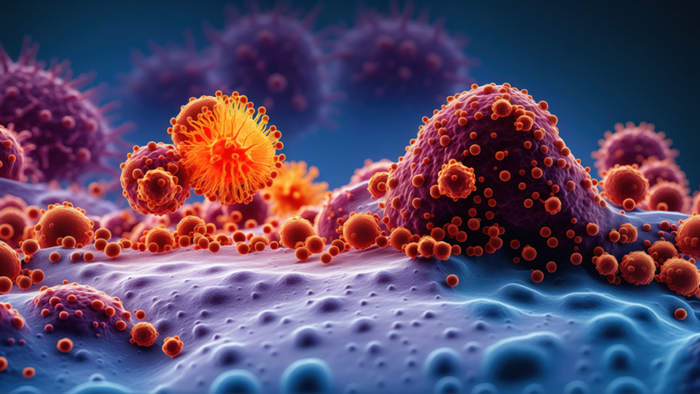Adding the immunotherapy drug durvalumab to the current standard of care (so-called chemoembolization) doubles the time to disease progression in patients with liver cancer. This is the salient data from the Emerald-1 study presented at the American Society of Clinical Oncology Gastrointestinal Cancers Symposium in San Francisco, by Riccardo Lencioni, professor of Diagnostic Imaging at the University of Pisa.
Approximately 20-30% of patients with hepatocellular carcinoma, the most common liver tumor which overall affects 12,200 people every year in Italy, are eligible for transarterial chemoembolization, a procedure that blocks the blood supply to the tumor and allows the administration of chemotherapy or radiotherapy directly to the liver. However, the majority of embolized patients experience disease progression or recurrence within a year.
The study compared the effectiveness of the current standard of care with a protocol involving treatment with durvalumab simultaneously with transarterial chemoembolization, followed by durvalumab with or without the drug in 616 patients with inoperable liver cancer, but eligible for embolization. bevacizumab. The trial confirmed the greater effectiveness of the new regimen: patients who received it had a 23% lower risk of disease progression or death, with a time elapsed until disease progression of 15 months, compared to 8.2 months treated with chemoembolization alone.
The study “highlights the important role of immunotherapy in combination with chemoembolization when the tumor is confined to the liver and liver function is not compromised”, comments Vincenzo Mazzaferro, director of Oncological Surgery (hepato-gastro-pancreatic) and Liver Transplant at the National Cancer Institute of Milan. “Some of these patients may achieve levels of tumor response compatible with curative therapies such as tumor resection or transplantation.”
breaking latest news © Copyright ANSA
